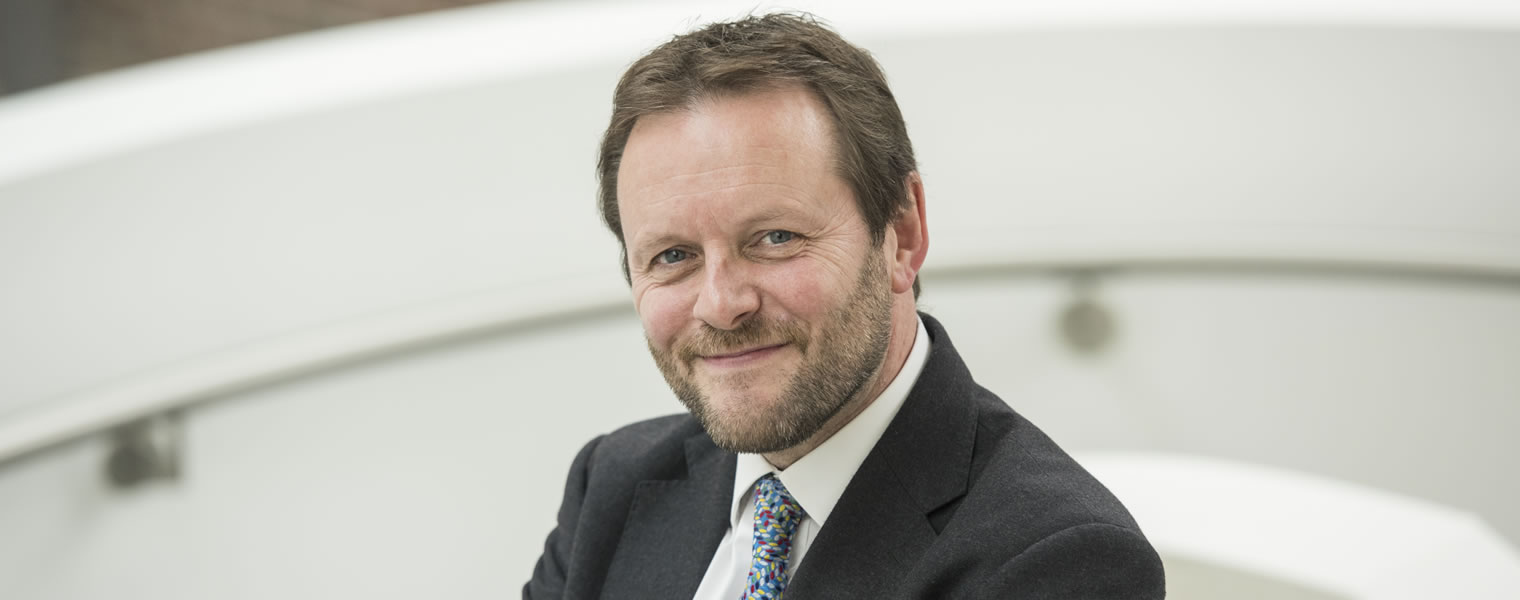Hartley News Online Your alumni and supporter magazine
Internationalisation is one of the four strategic principles of the University, and focuses on delivering across global markets and building strong partnerships with other leading universities. As we welcome Professor Colin Grant to his new role as Vice-President (International), Southampton Connects talks to him about his vision for the University.
What are you most looking forward to in your new role?
Engaging and supporting a very large community at Southampton and overseas. We are a powerhouse across a very wide range of fantastic disciplines. In my mind, a powerhouse means excellence in depth and range, but also in scale. These qualities deserve greater global visibility. This means that strong engagement with the student community at all levels and the research community in all disciplines will be vital. And the same applies to our alumni, industry and government contacts around the world.
What experience do you bring from your previous role?
My previous role was inaugural Pro Vice-Chancellor (International) at the University of Bath. I led the strategy delivery for international research, staff and student mobility (engagement with international partners in the UK and overseas), recruitment at all levels and the profile of the University.
I also led direct partnerships with key institutional and high-value discipline partners, such as Stellenbosch University, University of Campinas, Zhejiang University and Yonsei University. And I created partnerships with governments in Peru, Malaysia and South Africa to build excellence in higher education systems in such areas as advanced training at doctoral level for future university leaders.
While at Bath, I also devised a strategy to build resilience of people and systems in Jordan. I worked on policy collaboration with the Amman-based British Institute, doctoral training in computer science with Princess Sumaya University of Technology, and joint research in water with the Jordanian Royal Society.
I have led Universities UK delegations to Peru, Ecuador, Chile and Argentina. These delegations typically involve 15 senior colleagues from across the UK engaging with leading universities, businesses and government agencies to drive long-term collaboration.
How important is it for Southampton to have a robust and forward-thinking international strategy?
Excellence is defined against international benchmarks. As a major powerhouse we need to be operating in fast-moving contexts and at a world-leading level. The new strategy will make us stronger together in everything we do.
How will the higher education sector view Southampton in 10 years’ time in terms of our international partnerships and reputation?
I hope with envy!
What factors are important when developing strategic international relationships?
Resilience, engagement and stamina. Creating meaningful partnerships between complex organisations requires a lot of trust-building and we have good experience in our relationships with Xiamen University in China, and the Worldwide Universities Network, for example. This means bringing communities together and providing the support that will make things happen. Results rarely happen overnight and there is a real sense of urgency to what we are doing as a University. However, we need to prepare for long-term commitments.
What areas of the world should the University be looking at to develop strategic partnerships in and why?
This is a good question but actually tricky to answer by specific country. We already have great links in Asia and through the Worldwide Universities Network, and colleagues engage strongly with partner universities in Mexico, Africa and the Middle East. I personally feel that an international strategy needs strong global reach, but that requires selection. The selection for me is guided by impacts – academic, economic, cultural or social.
What role can staff play in helping Southampton achieve its strategic objectives in this area?
Internationalisation excludes no one. Everyone has a key role to play because an international strategy helps to shape the entire University mission. We can project excellence as academics by partnering with the best in research, and as professional colleagues by actively valuing our international community in every interaction, however casual. Giving our students a world-class experience in the round is obviously a top priority.
